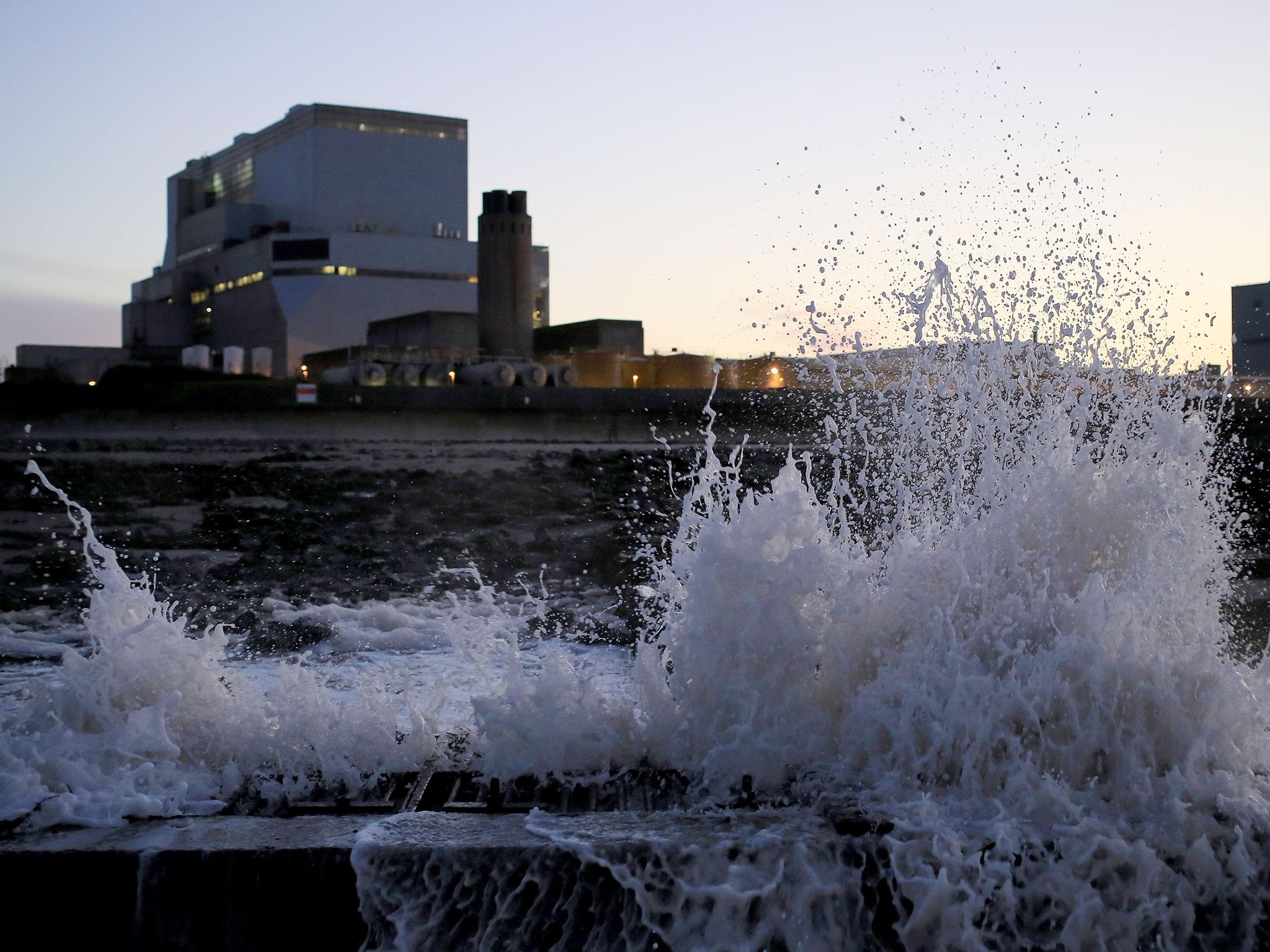Hinkley Point: Overwhelming majority of British public oppose Theresa May's decision to approve nuclear plant
Findings come amid claims Government has agreed to pay private firm double the wholesale price for electricity

Your support helps us to tell the story
From reproductive rights to climate change to Big Tech, The Independent is on the ground when the story is developing. Whether it's investigating the financials of Elon Musk's pro-Trump PAC or producing our latest documentary, 'The A Word', which shines a light on the American women fighting for reproductive rights, we know how important it is to parse out the facts from the messaging.
At such a critical moment in US history, we need reporters on the ground. Your donation allows us to keep sending journalists to speak to both sides of the story.
The Independent is trusted by Americans across the entire political spectrum. And unlike many other quality news outlets, we choose not to lock Americans out of our reporting and analysis with paywalls. We believe quality journalism should be available to everyone, paid for by those who can afford it.
Your support makes all the difference.Three out of four Britons oppose the Hinkley nuclear power project that has just been approved by the Government, according to a poll.
A quarter (25 per cent) of the 2,028 people surveyed in the Populus poll, conducted on 7-8 September, said they supported Hinkley, while nearly half (44 per cent) oppose the plans.
The findings indicate a continuous decline in support for the project, following a previous poll in April this year that showed support was at 33 per cent, down from 57 per cent in 2013.
It comes as Theresa May announced the Government had approved the project, but with new security conditions on the £18 billion deal.
Business Secretary Greg Clark said Hinkley was an “important upgrade of our energy supplies” and a “major step forward” for the UK's nuclear power programme, which he says could create 26,000 jobs.
But Ms May's decision prompted criticism, as it appeared likely the price promised to French-firm EDF for Hinkley’s electricity had not been lowered under new terms.
There have been claims the price promised to EDF for Hinkley’s electricity is too expensive, at £92.50 per MWh - more than double the wholesale price.
There are also concerns over environmental issues.
Green leader Caroline Lucas claimed that instead of investing in the "eye-wateringly expensive white-elephant, the Government should be doing all it can to support offshore wind, energy efficiency and innovative new technologies, such as energy storage.”
A poll commissioned by Greenpeace in October 2015 revealed nearly two thirds (62 per cent) of people thought the Government should prioritise an energy system based around renewable energy.
Meanwhile, 16 per cent said the Government should prioritise nuclear and five per cent wanted gas-fired power stations prioritised.
More than 230,000 people have signed a Greenpeace petition calling on Ms May to drop the Hinkley Point investment and invest in renewable power instead.
The petition, addressed to Ms May and Chancellor Philip Hammond, was due to be handed in to Parliament on Thursday
John Sauven, Executive Director of Greenpeace, said: “Support for Hinkley is at rock bottom. The public knows what the government has yet to learn - investment in renewables should be prioritised over nuclear power.
“Advances in renewable energy like offshore wind, alongside battery storage, energy efficiency innovations and wires that carry electricity under the sea connecting us to other countries, are the future for keeping the lights on.
"It is time the Government embraced these developments, rather than lock us into a contract that will leave future generations with more hazardous nuclear waste, higher bills and dependent on French and Chinese state owned companies for our power.”
There are also concerns about Chinese involvement in British nuclear power.
Nick Timothy, a senior adviser to Mrs May, previously warned that China “could use their role to build weaknesses into computer systems which will allow them to shut down Britain’s energy production at will.”
Join our commenting forum
Join thought-provoking conversations, follow other Independent readers and see their replies
Comments